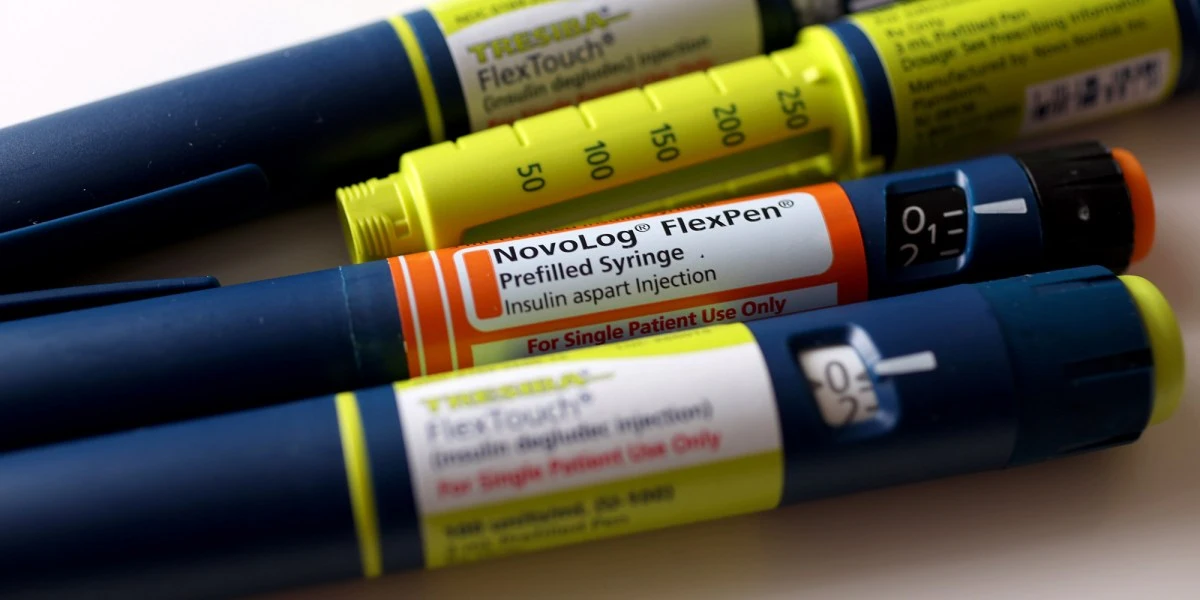“This was an unexpected victory in a long fight against an illegal cartel of three corporations who have raised their insulin prices in lockstep.”
The Biden Administration pleasantly stunned health care reform advocates Tuesday by including short-acting insulin in its list of 10 drugs for which Medicare will negotiate lower prices, power vested in the White House by the Inflation Reduction Act.
The IRA was passed in the face of one of the heftiest barrages of lobbying in congressional history, with the pharmaceutical industry spending more than $700 million over 2021 and 2022 — several times more than the second- and third-ranking industries — much of it aimed at stopping the legislation, watering it down, or undermining its implementation.



It will be interesting to watch this shake out, because this decision could have a lot of knock-off effects when it comes to further price negotiations by the government across a wide array of sectors.
“Below market rate”
If only looking at the USA where pharmaceutical companies are free to do as they please, but probably still higher than in any other rich countries in the world.
Yeah I think that’s going to end up being a pivotal distinction here, as these are companies with global reach and thus “market rate” will be a difficult concept to defend.
Exclusivity contracts would be one thing, but suggesting this is an egregious step by the US government is going to be a difficult case to prove imo.
Their proof will be with “vacations” etc for the judges sitting the trial.
Charge what they please. They are heavily regulated in what they can do. Which is why stuff like the J&J arsenic event is a once a decade thing vs a constant thing.
They likely are subsidized by the federal government anyway. As far as I’m concerned, any time the government gives money to a corporation, they’re no longer a private company until they pay it back.